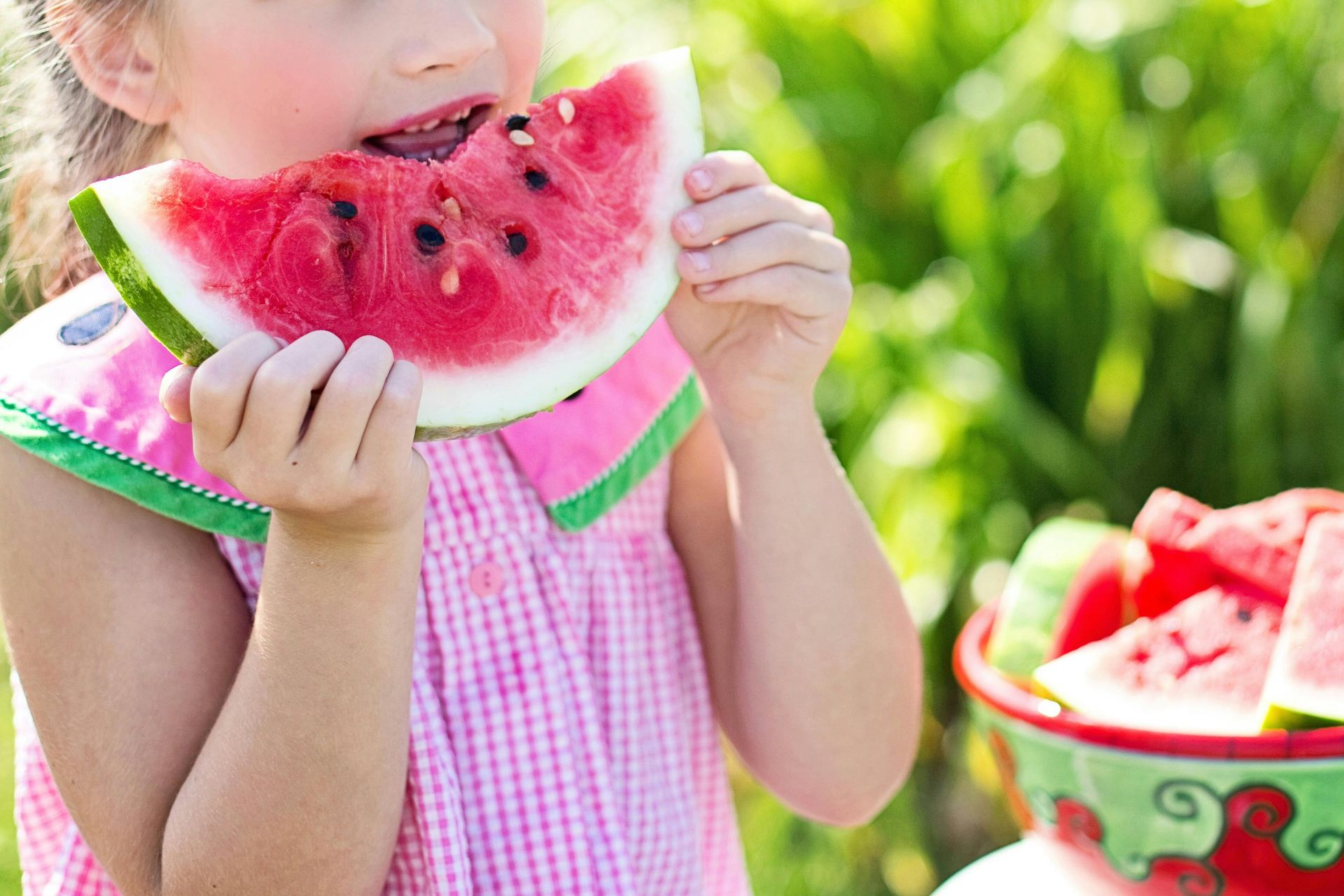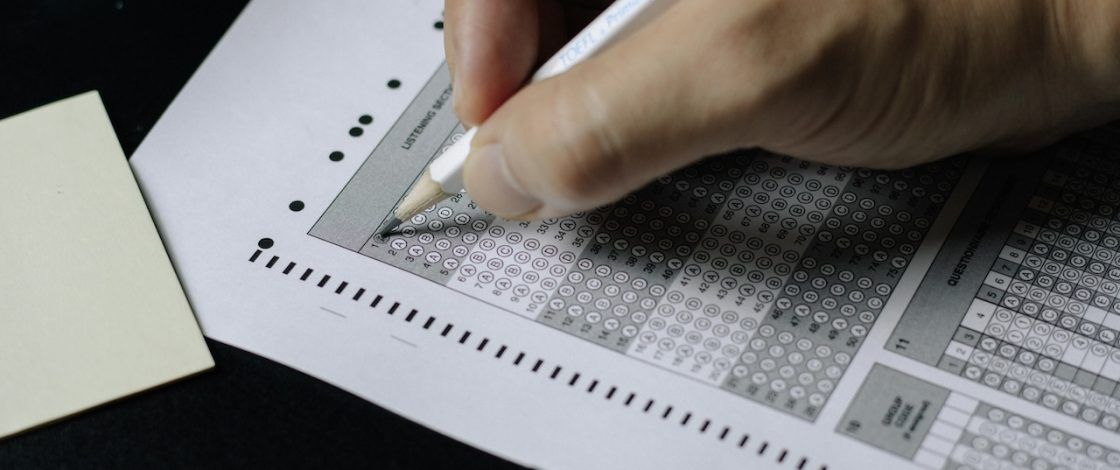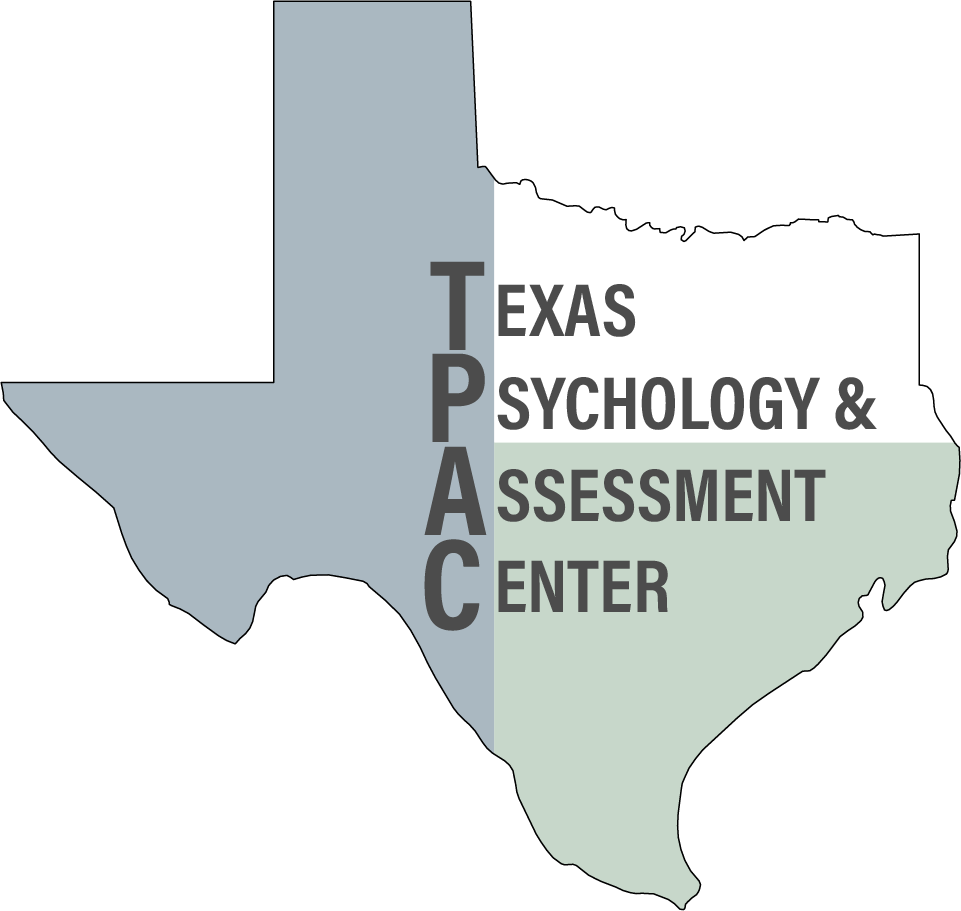Keeping Kids Cool: Navigating Mental Health on Summer Break

School has just ended for your kiddo and while they’re excited to soak up the sun, you’re wondering how you can best support them for these next few months! During the school year, your child has been engaged in brain stimulating activities, surrounded by their friends, and had access to positive adult role models. Especially for children and adolescents who thrive on having a set schedule for the day, many kiddos can be severely impacted by the transition to summer break. Here are some considerations for the summer as they transition out of their schools:
1. Having little to no routine: Data overwhelmingly indicates an association between having routines and positive developmental outcomes within children and teens. These can include positive effects across the board (e.g., cognition, self-regulation, social-emotional health, and physical health). Regardless of individual differences, routines provide feelings of safety, control, and comfort as your child knows what will happen next.
2. Reduced access to services: Children and teens are in schools five days a week with access to a multitude of professionals and services. Outside of the home, school is the number one place where students can receive necessary services designed to identify and treat social and emotional well-being issues.
3. Isolation from friends: Many students do not have a way to access their peers during the summer months if they are not yet able to drive, do not have access to transportation, or live far away from peers their age. Research has shown that social deprivation can have detrimental effects on a child’s brain development, self-concept, and mental health.
These considerations highlight just how protective school can be for your student’s mental health. Without the supports from the school, it is incredibly important to keep an eye out for any signs of decline in your kiddo’s mental health! Here are some strategies to be proactive in supporting your young ones over the summer:
- Establish routines with your children to add some stability to their summer. A checklist can be a helpful tool to remind children and teens of daily tasks and activities. Here you can find a Summer Routine Checklist for your teens that can also be easily modified to suit the needs of a younger child.
- Encourage them to engage in their hobbies. This may also be a great time to explore new interests with your children that are mentally and/or physically stimulating!
- Help facilitate opportunities for social interactions to the best of your ability. These can include playdates or organized activities such as sports, camps, and community events.
- Think about setting limits on your child’s screen time. Children and adolescents can experience a multitude of negative consequences in response to increased time in front of a screen, especially over the summer. Sleep problems, decreased socialization with family and peers, mood difficulties, and poor self-image are just some of the negative outcomes of excessive screen time. More information on screen time for children can be found here.
Some children and teens may experience a more drastic change in behavior that may warrant seeking out services from a mental health professional. Here are some signs and symptoms top look out for:
For younger children:
- Frequent tantrums or irritability
- Often fearful
- Complain of frequent stomachaches, headaches, or body aches with no corresponding medical concern
- Are in constant motion and cannot sit quietly
- Sleeping too much or too little
- Frequent nightmares
- Unusual fatigue
- Difficulty making or maintaining friendships
- Repeated actions or checking things many times for fear that something bad may happen
For older children:
- Feeling very sad or withdrawn for two or more weeks
- Seriously trying to harm or kill themselves, or making plans to do so
- Sudden overwhelming fear for no reason, sometimes with a racing heart or fast breathing
- Involved in multiple fights using a weapon, or wanting to badly hurt others
- Severe, out-of-control behavior that can hurt themselves or others
- Not eating, throwing up or using laxatives to make themselves lose weight
- Intensive worries or fears that get in the way of daily activities
- Extreme difficulty in concentrating or staying still that puts them in physical danger or causes school failure
- Repeated use of drugs or alcohol
- Severe mood swings that cause problems in relationships
- Drastic changes in their behavior or personality
Sources
Summer is Almost Here! Tips for Parents to Support Their Child’s Mental Health Over Break | CommUnity Crisis Services. (n.d.). Retrieved June 24, 2024, from https://builtbycommunity.org/summerbreak/
Why does summer break impact student mental health? | Pearson Assessments US. (2023, July 19). Www.pearsonassessments.com. https://www.pearsonassessments.com/professional-assessments/blog-webinars/blog/2023/07/why-does-summer-break-impact-student-mental-health.html
Boylan, K. (2019). Summer can be hard on kids with mental health problems. Journal of the Canadian Academy of Child and Adolescent Psychiatry = Journal de l’Academie Canadienne de Psychiatrie de l’Enfant et de L’adolescent, 28(2), 44. https://www.ncbi.nlm.nih.gov/pmc/articles/PMC6691798/
Mayo Clinic. (2020, February 26). Mental illness in children: Know the signs. Mayo Clinic. https://www.mayoclinic.org/healthy-lifestyle/childrens-health/in-depth/mental-illness-in-children/art-20046577
Selman, S. B., & Dilworth‐Bart, J. E. (2023). Routines and child development: A systematic review. Journal of Family Theory and Review, 1(1). https://doi.org/10.1111/jftr.12549
11 Simple Signs a Child May Have a Psychiatric Disorder. (n.d.). Child Mind Institute. https://childmind.org/article/11-simple-signs-a-child-may-have-a-psychiatric-disorder/
Orben, A., Tomova, L., & Blakemore, S.-J. (2020). The Effects of Social Deprivation on Adolescent Development and Mental Health. The Lancet Child & Adolescent Health, 4(8), 634–640. https://doi.org/10.1016/s2352-4642(20)30186-3
National Institute of Mental Health. (2021). Children and Mental Health: Is This Just a Stage? Www.nimh.nih.gov. https://www.nimh.nih.gov/health/publications/children-and-mental-health
Reeves, S., & Unni, L. (2024, June 3). Summer Break Self-Care [Review of Summer Break Self-Care]. Texas Psychology & Assessment Center. https://www.texaspsychologycenter.com/summer-break-self-care
AACAP. (2020, February). Screen Time and Children. Aacap.org; American Academy of Child and Adolescent Psychiatry. https://www.aacap.org/AACAP/Families_and_Youth/Facts_for_Families/FFF-Guide/Children-And-Watching-TV-054.aspx



